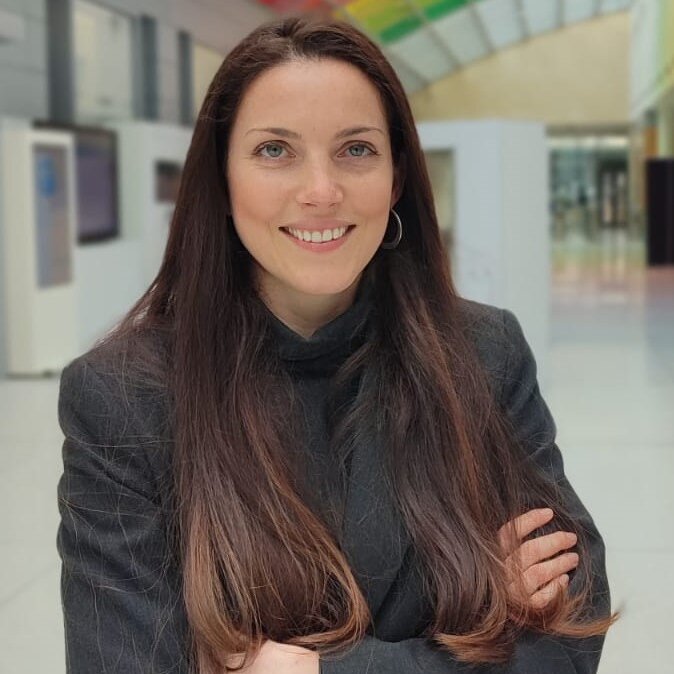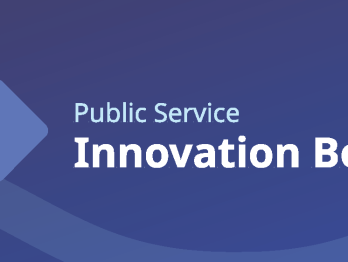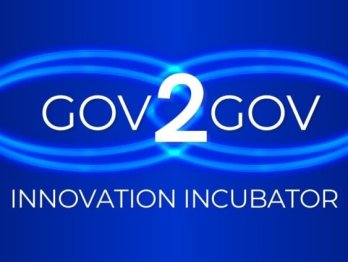OECD Gov2Gov Innovation Incubator: Be a solution provider

We are looking for innovative public sector teams to connect with selected teams from the Governments of Brazil, France, Italy, and Spain and jointly tackle their public sector challenges. Solution providers can be nationals of any country.
The OECD Government-to-Government (Gov2Gov) Innovation Incubator promotes cross-border collaboration among governments with similar innovation challenges. With support from an Advisory Board and a team of OECD experts, the incubator facilitates collaborative and structured problem-solving exchanges, enabling participating teams to accelerate innovation insights and solutions.
From over 70 applications from 25 countries, we have selected four challenges and their teams to partake in the incubation venture, running from September 2024 to March 2025.
Now, we’re looking for “solution providers”, governments with practical and meaningful experience in overcoming a comparable challenge.
Challenge 1 | Brazil: How can we promote broader and more equitable digital participation?
In early 2023, the Directorate of Digital Participation and Network Communication of the National Secretariat for Social Participation of the Secretariat-General of the Presidency of the Republic of Brazil started off the Brasil Participativo initiative as its primary participation platform attracting over 1.5 million users. Despite its success, the project confronts the challenge of integrating historically marginalised groups and ensuring their meaningful inclusion in the co-design and governance of both Decidim and its application as a digital commons for e-participation in Brazil.
Challenge 2 | France: How can we engage the general public, particularly actors involved in public policies, in common data spaces?
Green Data for Health (GD4H) is an initiative built around an online platform that collects user contributed health and environmental data and makes it available to researchers, policymakers and the general public. The French Ministry of Ecological Transition’s Innovation Lab is seeking to promote awareness among public actors unfamiliar with the data use and explore the application of behavioural science in encouraging participation in the common data space.
Challenge 3 | Italy: How can we establish a collaborative, cross-departmental and inclusive culture for AI project management?
Establishing an AI Competence Center is crucial for public administration to connect diverse AI projects, foster collaboration, drive innovation and coordination among diverse departments. Italy’s Social Security and Welfare Administration (INPS) is seeking to develop a culture of collaboration and engagement with AI project management in government, and accelerate AI-driven innovation within the public administration.
Challenge 4 | Spain: How can we improve accessibility to public services for people in vulnerable situations and at risk of exclusion?
Vulnerable individuals, including the elderly or the socially excluded, often struggle to access public services due to inaccessible information channels, complex processes, and lack of equipment to access digital services. The Department of Justice, Local Administration and Public Function of the Regional Government of Andalusia (Junta de Andalucía) is seeking creative approaches, and original and experimental experiences, to drive the digital transformation of public services, and ensure a more human and inclusive government that leaves no one behind.
Would you like to team up?
Take a look at our criteria and FAQs for solution providers, and join us on this journey.
Deadline for submission: 7 June 2024 | extended: 20 June 2024
Criteria and FAQs
We’re looking for four government teams from anywhere in the world, each with experience of successfully overcoming a similar challenge. Together with the Advisory Board, four solution providers will be selected before mid-June 2024 based on their ability to commit to the incubator venture as well as their previous level of involvement in solving a similar challenge.
Why participate?
The programme allows you to:
- Gain visibility on your initiatives and experiences and become an innovation reference in your country
- Increase the innovation capabilities of your team by leveraging existing knowledge and learning from others
- Contribute to the enhancement of the public sector innovation culture across the globe
How to participate?
- Submit an application to the submission form
- Engage in the incubation programme from September 2024 to March 2025 (see details below)
- Prepare materials to communicate your experience and actively engage by collaborating with an open mind
What are the selection criteria for submitted candidates?
We welcome submissions from public organisations at all levels of government, be it local, regional, national or federal/central administrations. Our goal is to Our goal is to identify and select teams of international peers who can effectively address the issues presented by the challenge owners. Proven experience, empathy, and collaboration skills are crucial for participation in this programme. Furthermore, we seek solution providers who are backed by leadership and with the required availability to participate in the programme.
What is the expected time commitment of selected teams?
Selected participants will need to be able to commit to the collaboration activities with the selected Government teams throughout the incubation process (indicative timeline below). Participating teams will be working together with OECD experts, international peers and the Advisory Board as well during this process.
Please note that the detailed schedule of the incubation process and the specific activities my vary depending on the nature of the challenge. Your team availability is one of the selection criteria we will assess. During this period, regular meetings, workshops and learning sessions will take place with OECD staff, independent advisors and international peers.
What is the timeline of the incubator?
The programme will run through work sessions called “Knowledge transfer sessions”, held online and with a clear agenda. There will be five Knowledge transfer sessions between September 2024 and March 2025.

- Open call for submissions (15 May – 7 June)
- Solution owners’ participation confirmed deadline: 15 July
Still have questions or need more information?
Get in touch with us at [email protected]
The Advisory Board

Andrea Erdei
EC Directorate-General for Research and Innovation

Tanya Filer, PhD
StateUp

Sabine Junginger, PhD
Northumbria
University

Matthew Keks
WHO Innovation Hub *

Markus Nordberg
PhD
CERN Development and Innovation Unit (IPT-DI)

Liucija Sabulyte
GovTech Lab Lithuania

Lara Salinas, PhD
Service Futures Lab London College of Communication (UAL)

Carlos Santiso, PhD
OECD Innovative, Digital and Open Governance Division (INDIGO)

Chiara Varazzani, PhD
OECD Observatory of Public Sector innovation (OPSI)

Christopher Yau, PhD
Big Data Institute
University of Oxford
(*) Institutional affiliation is provided for identification purpose only and does not constitute institutional endorsement.
This project and blog are funded by the European Union. Its contents are the sole responsibility of the OECD and do not necessarily reflect the views of the European Union.










